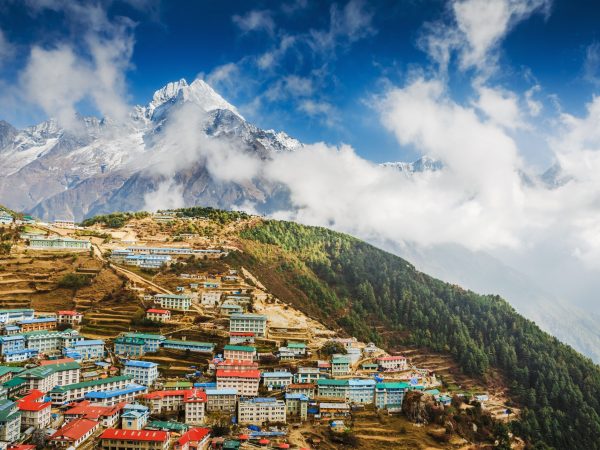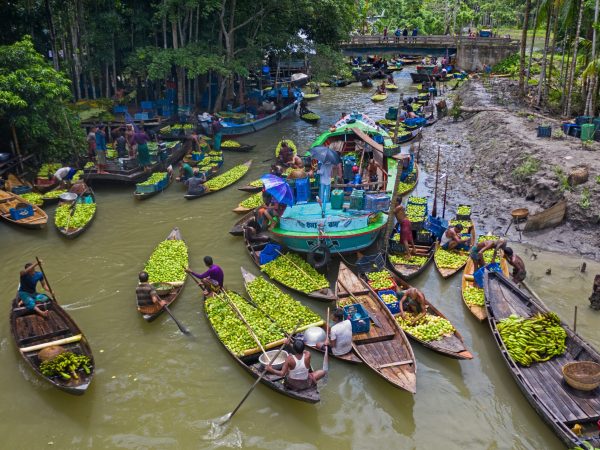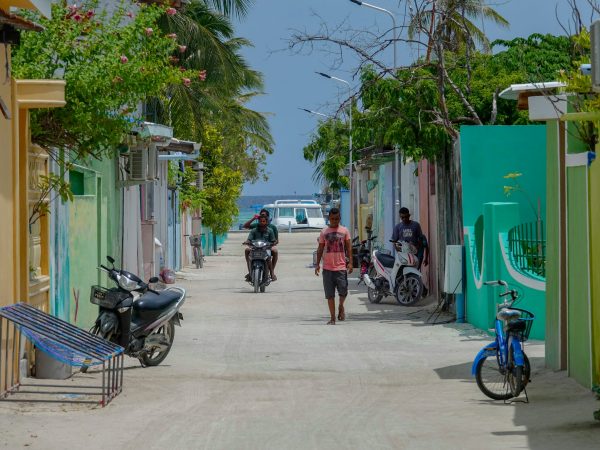How are you, South Asia?
The South Asia region’s growing populations and economies are demanding more natural resources which are all affected and threatened by climate change.
Updated 31 July 2023
Firstly, South Asia is extremely vulnerable to climate change impacts and needs effective implementation of climate adaptation and mitigation strategies.
Secondly, South Asia is home to more than 23% of the world’s population. Nearly half of South Asia’s total population (or nearly 800 million people) lives in future climate change hotspots.
Lastly, South Asia will face an average annual economic loss of US $160 billion by 2030. It will also witness over 40 million climate migrants by 2050.
Analysis of Climate Change in South Asia
Sea-level rise, increasing temperatures, and monsoon rainfall variabilities are the main climate change risks that affect lives and livelihoods in the region.
The Global Climate Risk Index 2021, ranks India as the 7th most affected country in the world in 2019.
Furthermore, Pakistan and Nepal were among the top ten countries in terms of the annual average of the long-term climate risk index (2000-2019).
According to the World Bank, South Asia accounts for over 7.5% of the world’s carbon emissions and over 8.5% of the world’s greenhouse gas emissions.
This means that the region’s emissions are quite low, but its rapid rates of development and urbanization are steadily adding to its emissions.
Urbanization, for example, is increasing the region’s demand for electricity and rapidly expanding its transportation networks.
However, embracing low-carbon solutions and renewable energy sources will help keep the region’s emissions low as it continues to grow.
South Asian countries have submitted their own Nationally Determined Contributions (NDCs) and continue developing a range of policies, plans, and strategies to reduce emissions and adapt to climate change impacts.
By further embedding climate actions into South Asia’s development process, new pathways can be carved out toward sustainability and inclusivity.





